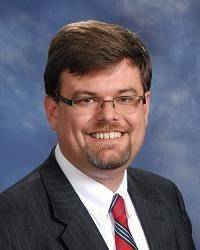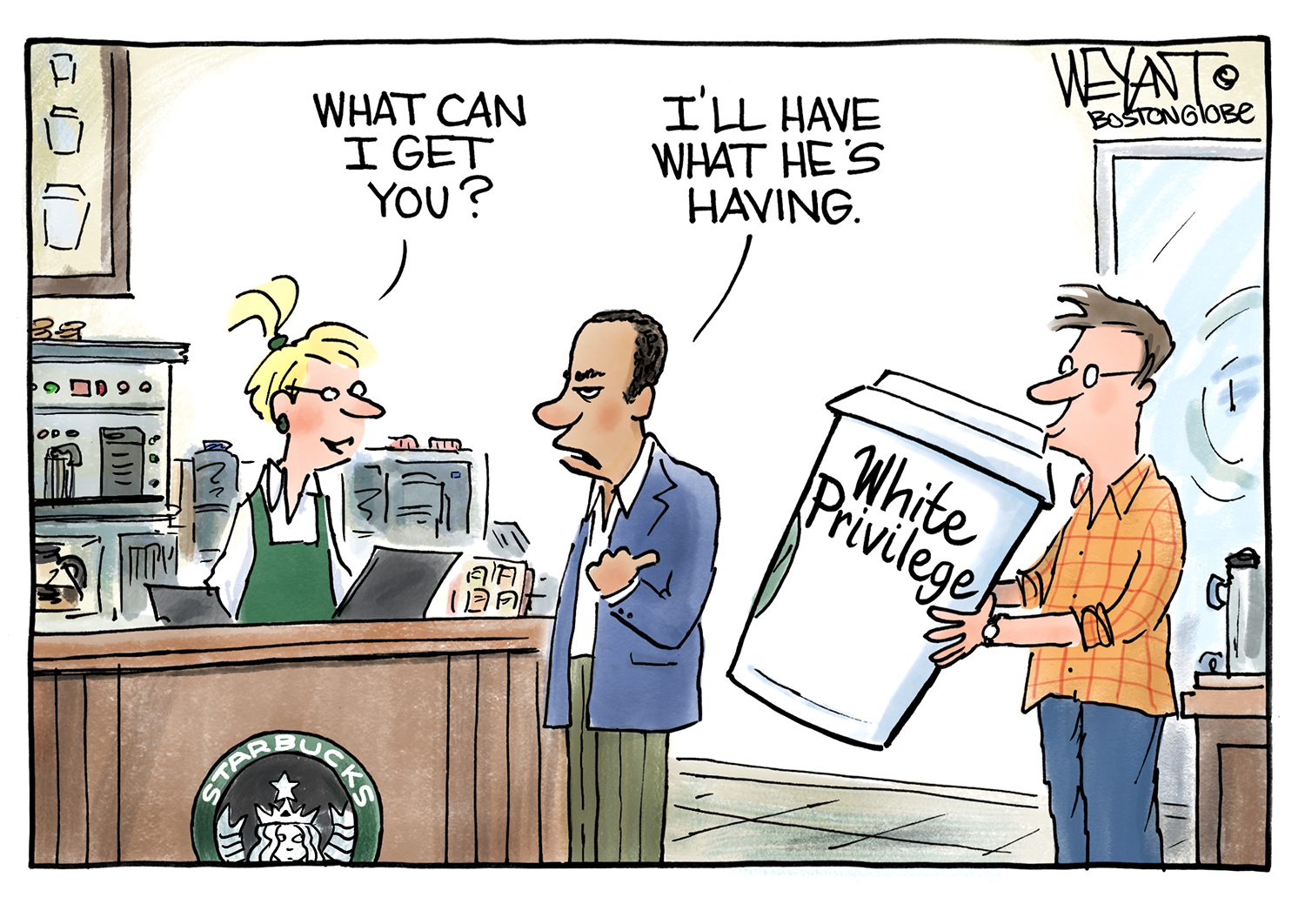BY MARK Y.A. DAVIES
 What we are seeing in our country and in our world today is not new but rather a refrain of a recurring phenomenon in human history and one that is often portrayed in our sacred literature. When new things are breaking into the world, there is a tendency for many persons’ hearts to be hardened. Fear of change and a feeling of loss of power are likely the greatest reasons for the hardening of the heart.
What we are seeing in our country and in our world today is not new but rather a refrain of a recurring phenomenon in human history and one that is often portrayed in our sacred literature. When new things are breaking into the world, there is a tendency for many persons’ hearts to be hardened. Fear of change and a feeling of loss of power are likely the greatest reasons for the hardening of the heart.
In Exodus, the Hebrew Bible portrays Pharaoh’s heart as hardened when confronted with the prospect of Israel’s liberation, and the people of Israel’s hearts were hardened in the wilderness when they feared they had lost their way. In the Christian Bible Jesus wondered aloud if the disciples’ hearts were hardened when they feared they had no bread [Mark 8:17].
In both the Hebrew Bible and in the Christian Bible, hardened hearts are portrayed as a barrier to the healing of relationships with God and other people. Proverbs warns that a hardened heart will lead people to calamity [Proverbs 28:14]. In his letter to the Romans, the Apostle Paul warned that our hardened hearts are a way of storing up wrath for ourselves [Romans 2:5].
In our country’s past we hardened our hearts against our indigenous neighbors as we ripped away their land and culture and committed genocide against them; we hardened our hearts against our African American neighbors as we enslaved, segregated, lynched, imprisoned, and committed violence against them; we hardened our hearts against our Japanese American neighbors as we tore them from their homes and livelihoods and put them in internment camps; we hardened our hearts against our immigrant and refugee neighbors [especially those who are not white and not Christian] as we turn them away, deport them, separate their children from them, and as we ban them based upon their religious affiliation; we hardened our hearts against our women neighbors as have treated them unequally, paid them less, and objectified them; we have hardened our hearts against our LGBTQ+ neighbors as we have rejected them, physically and spiritually bullied them, and driven many of them to seek escape from their pain through suicide; we hardened our hearts against our non-human animal neighbors as we have forced them into concentrated animal feed operations and made their lives miserable until we butcher them for the fast food meals that are good neither for our bodies nor for our souls; and we have even hardened our hearts to future generations as they will inherit the climate chaos that we are creating for them.
Today in the United States we are experiencing another wave of heart hardening as white Christians [especially white Christian men] fear their loss of control in our country. This hardening of the heart is expressed in the guise of faith and patriotism, but it is hardening of the heart nonetheless.
If our hearts could be softened, it would open us to new possibilities and relationships with one another in a richly diverse community in which we care for all people and the planet instead of experiencing the increased fear and hatred that comes with a hardened heart.
Our hearts have been softened in the past as we continue to recognize and repent from the evil we committed against our indigenous sisters and brothers, as we rejected slavery and Jim Crow, as we created women’s suffrage and expanded the protection of women’s rights, as we lamented and repented from the internment of Japanese Americans, as we reached out and cooperated with our friends who relate to religion differently, as we embraced marriage equality, and as we have worked to care for our environment.
If our hearts continue to be hardened, much of what we have gained in the new relationships and communities made possible by a softened heart could all be lost, and that would be the most tragic calamity of our time. May our hearts not continue to be hardened, and may we all do the hard but life transforming work of softening our hearts for the creation of Beloved Community.
– Mark Y.A. Davies is the Wimberly Professor of Social and Ecological Ethics and director of the World House Institute for Social and Ecological Responsibility at Oklahoma City University. Click herefor more of his essays.







